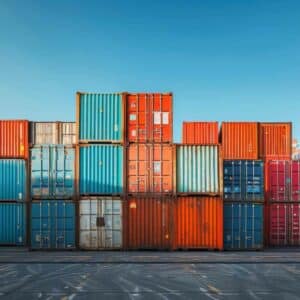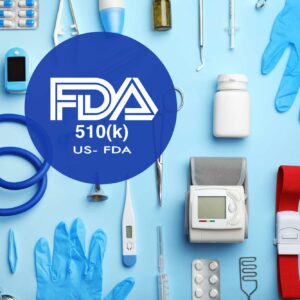FDA Announces Regulatory Partnership Arrangement with Ecuador
Since 94% of the seafood consumed by volume in the U.S. is imported, the FDA has always been committed to ensuring that imported seafood meets the same food safety requirements as domestically produced foods. While the Agency has select equivalency agreements in place, the FDA announced the first of its kind, the signing of a Regulatory Partnership Arrangement (RPA) with Ecuador’s seafood regulatory authority aimed at enhancing the safety of shrimp imported to the U.S.
The RPA’s arrangement between the FDA and the Vice Ministry of Aquaculture and Fisheries (VMAF) was established to reinforce food safety practices along the supply chain, such as commodity-specific oversight systems for imported aquaculture shrimp in addition to other data and information, to bolster the food safety system before arrival and at the port of entry. In the past, FDA enforcement has primarily meant intercepting unsafe food at the border and preventing U.S. market entry.
After conducting a rigorous assessment of Ecuador’s aquaculture seafood system, the FDA found that Ecuador’s food safety controls for shrimp is science-based, comprised of the basic food safety system key elements, has ongoing processes to ensure the sustainability of preventive controls, provides competent oversight throughout the supply chain and has a public health focus. Accordingly, the Agency determined that Ecuador has key components of a food safety oversight system for shrimp and shrimp products intended for export to the U.S.
Coming after Congressional focus in 2021 of food safety systems related to shrimp, the most popular seafood in the U.S., the RPA requires that the FDA develop new mechanisms for strengthening the regulation of imported aquacultured shrimp. This includes an RPA with the three largest shrimp exporting countries by volume, of which Ecuador is one. The other two countries are India and Indonesia.
The RPA provides FDA and its regulatory counterpart the opportunity to proactively learn about each country’s regulations and food safety initiatives, determine possible collaborative opportunities, prioritize activities, share information on best practices, and engage in specific regulatory and program evaluations. The RPA is intended to also address seafood decomposition detection, practices relating to shrimp inspections, audits and investigations, responsiveness to adverse food safety events such as illnesses, recalls and outbreaks, HACCP compliance and more.
As seafood remains one of the most regulated product categories, we are optimistic that the RPA signifies a move in the right direction to enhance food safety and product quality. Having countries have comparable and shared regulatory systems also ensures ease of compliance and market access for expanding businesses looking to avoid being a fish out of water (pun intended!)
And now for the joke of the day:
Why is it so easy to weigh fish?
Because they have their own scales!
For more information on seafood and food regulatory compliance, please contact Garg Law at info@garg-law.com. Garg Law is a full-service FDA regulatory law firm focused on serving as regulatory counsel to businesses for the lifecycle of products in the foods, beverages, dietary supplements, cosmetics and personal care products, OTC drugs and medical device industries.


